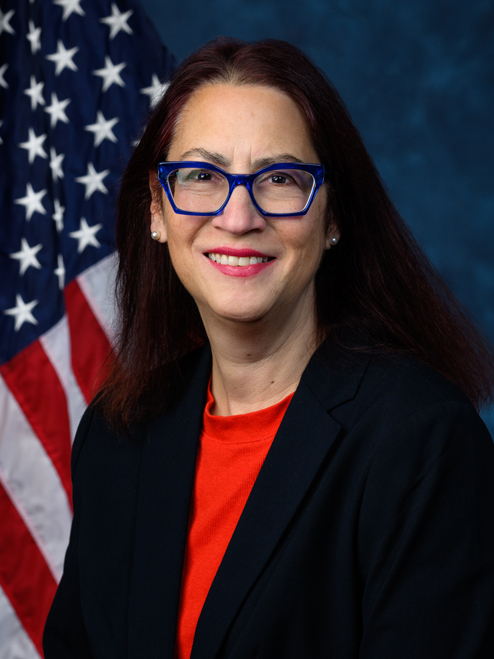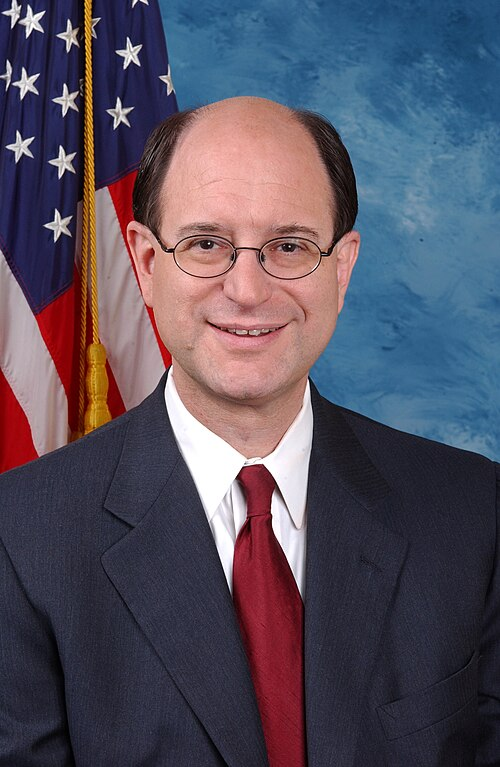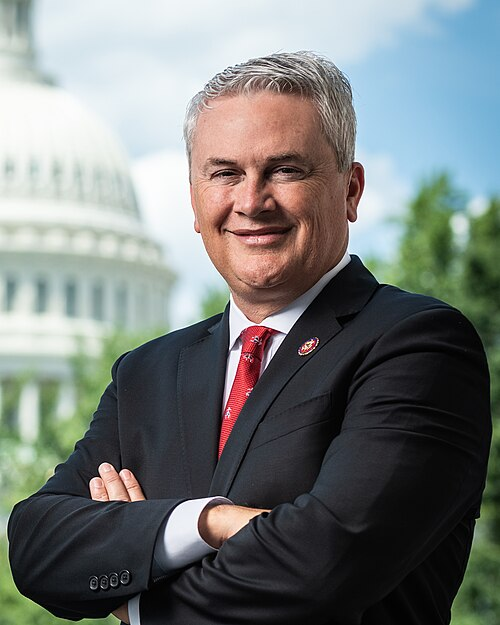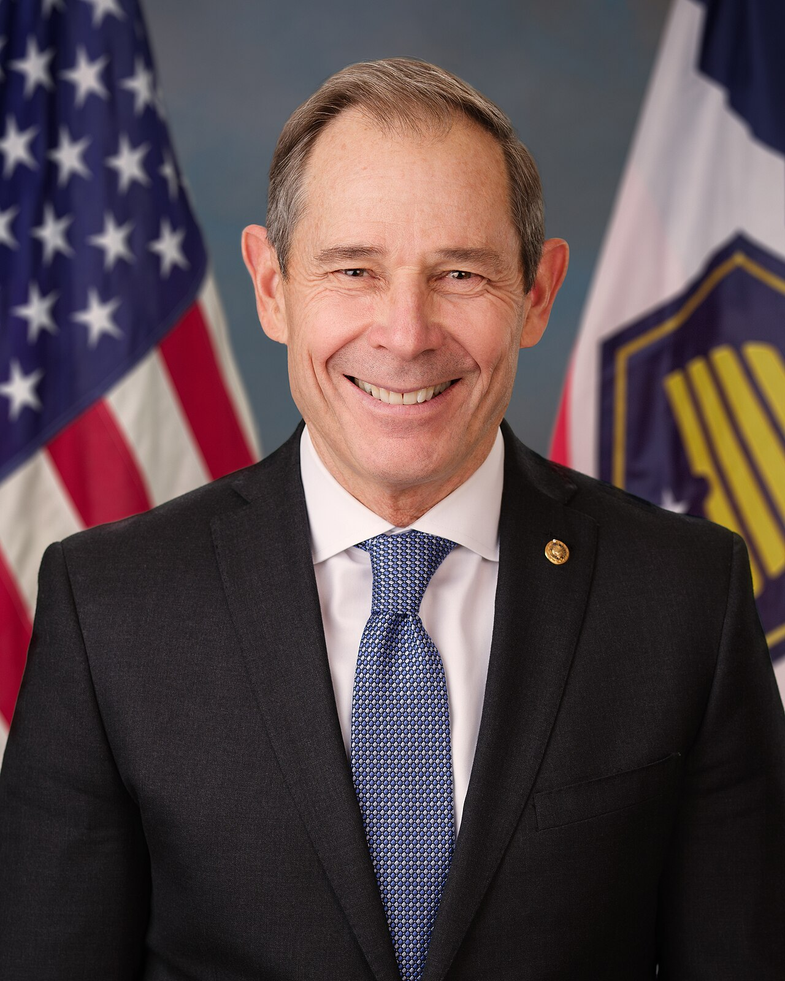H.R. 2427: Stop Disaster Price Gouging Act
This bill, known as the Stop Disaster Price Gouging Act, aims to prevent businesses from significantly raising prices on essential goods and services after a major disaster or emergency has been declared by the President. Here are the key points of the bill:
Prohibition on Price Gouging
- The bill prohibits sellers in a disaster area from increasing prices on essential consumer goods and services, hotel lodging, and residential rental properties by more than 10% during the first 30 days following a disaster declaration.
- For repair or reconstruction services, the price increase is limited to 10% in the first 180 days following the disaster declaration.
- If a seller did not sell a particular item before the disaster, they cannot charge more than 50% above their cost for that good or service during the initial 30 days after the declaration.
Exceptions to the Prohibition
There are some exceptions under which price increases can occur without being considered gouging. These include:
- Increases that are directly due to a seller's increased costs for acquiring goods or services, provided they do not exceed 10% beyond their usual markup prior to the disaster.
- Increases due to tariffs or national trade policies.
- Increases that are seasonally adjusted for hotel or motel rates.
- Increases in rental rates due to additional costs for repairs or contractual agreements made before the disaster.
Enforcement Provisions
The Federal Trade Commission (FTC) is responsible for enforcing the provisions of this bill, treating violations as unfair or deceptive practices under existing laws. States are also empowered to take legal action if they believe residents are being harmed by price gouging:
- State attorneys general can bring civil actions to enforce compliance, seek damages, and obtain other legal relief.
- The FTC can intervene in state actions if it wishes to become involved.
Private Right of Action
Individuals who believe they have been harmed by price gouging can take legal action themselves to seek injunctions and recover damages. Courts may award costs and reasonable attorney fees to prevailing plaintiffs, and there is a two-year time limit to initiate such actions.
Civil Penalties
If a business is found guilty of violating the price gouging provisions, civil penalties can be imposed. The penalty for each violation can be as high as $25,000, and cumulative penalties for related acts cannot exceed this amount. The law stipulates that recovered amounts go towards assisting communities affected by disasters.
Definitions
The bill defines various terms, including what constitutes essential consumer goods and services, which encompasses:
- Food and drink, including for animals
- Emergency supplies such as water, generators, and medical supplies
- Home heating oil and construction materials
- Transportation and freight services
- Gasoline and other motor fuels
Relation to State Law
Importantly, the bill does not preempt state laws that do not conflict with its provisions, allowing states to maintain their own regulations regarding price gouging.
Relevant Companies
- WMT - Walmart may be affected due to its role in supplying essential goods during disasters.
- COST - Costco, being a major retailer of essential supplies, may need to adjust pricing strategies in accordance with the bill.
- SHLD - Home Depot, which provides construction and emergency supplies, could see operational impacts under this legislation.
This is an AI-generated summary of the bill text. There may be mistakes.
Sponsors
2 bill sponsors
Actions
2 actions
| Date | Action |
|---|---|
| Mar. 27, 2025 | Introduced in House |
| Mar. 27, 2025 | Referred to the House Committee on Energy and Commerce. |
Corporate Lobbying
0 companies lobbying
None found.
* Note that there can be significant delays in lobbying disclosures, and our data may be incomplete.

























